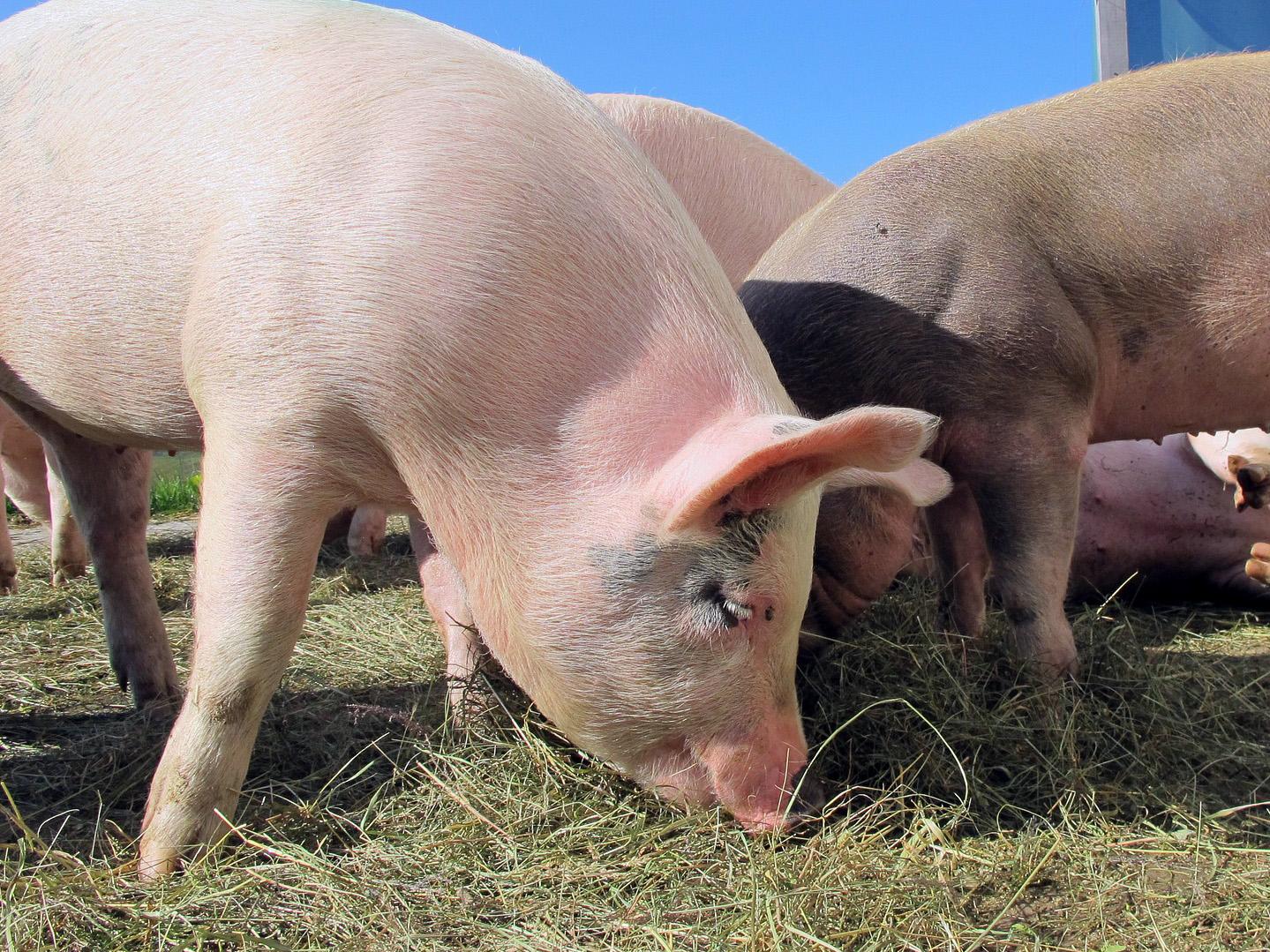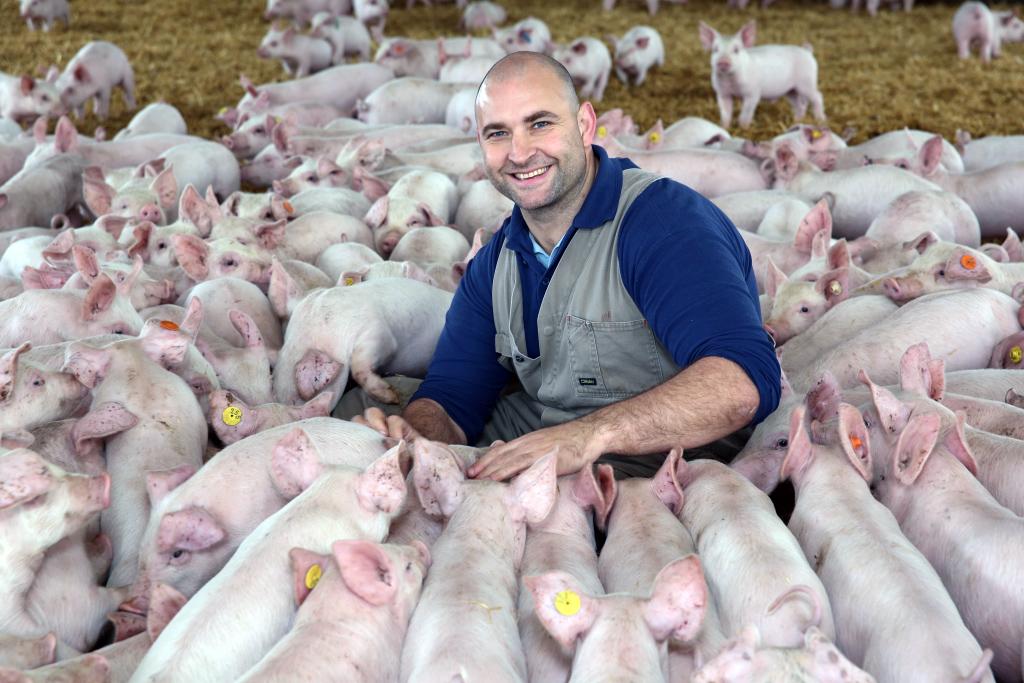Impact of thermal environment and melatonin on animal body temperature and reproduction
Research opportunities are available to investigate how body temperature variation in pigs and sheep impact reproduction.
Join the University of Adelaide’s animal scientists in an honours research project which aims to explore the effect of melatonin and thermal environment on body temperature and reproduction of production animals.

Research opportunities are available to investigate how body temperature variation in pigs and sheep impact reproduction.
Join the University of Adelaide’s animal scientists in an honours research project which aims to explore the effect of melatonin and thermal environment on body temperature and reproduction of production animals.
Thermal environment is the largest single stressor affecting the development, growth and reproduction of production animals (i.e. sheep, pigs). When environmental temperatures exceed the thermal comfort zone, thermoregulatory mechanisms and thus homeothermy are seriously challenged, and animal wellbeing and productivity is impaired.
Previous studies have demonstrated that melatonin supplementation reduces core temperature, and decreases the impact of high temperatures on reproductive processes.
This project will determine natural variation in the body temperature of production animals when they are exposed to high temperatures; how this variation impacts reproduction; and whether exogenous melatonin supplementation reduces body temperature and has the potential to improve reproduction.
Study production animal health
Dr Will Van Wettere's research group is aligned with the Davies Livestock Research Centre, and the majority of our research focuses on improving the reproductive output of sheep and pigs, increasing the survival of piglets and lambs, and reducing the impact of heat stress on fertility.
If you have a specific interest in the above areas and would like to discuss potential honours projects, please contact Will.

Supervisors
Co-supervisors: Dr Alyce Swinbourne | Dr Karen Kind
Research area: Production animal health
Recommended honours enrolment: Honours in Animal Science
